Findings Staff Report | March 24, 2022
Here at the Office of Research we’re excited to announce the winners of the 2021-2022 University Research Council awards—faculty, who each received a $25,000 award for their two-year projects, and graduate students, who received up to $7,500 for summer research projects.
The URC funding program is UC’s oldest and most prestigious internal funding mechanism. Since 1971, the URC has worked in partnership with the Vice President for Research to advance high-potential research, scholarship and creative work. As part of the Research2030 strategic plan for research, a new program focused on early-career faculty, the URC Faculty Scholars Research Award, was established last year.
“Such faculty represent the bright future for UC, and this program seeks to bolster their efforts early in their career to help them identify solutions to the complex questions, problems and challenges facing society,” says UC’s Vice President for Research Patrick Limbach.
Awardees were selected based on the quality, novelty and impact of their research, scholarship and creative activities, along with a clear potential to make further, sustainable contributions to knowledge creation and improved societal outcomes.
Additionally, the URC Graduate Student Stipend and Research Cost Program for Faculty—Student Collaboration Program awarded 25 graduate students with a $7,500 summer stipend in support for their research.
Watch for URC and other Funding Opportunities to open again next fall.
2021-2022 Faculty Scholars
Arts and Humanities
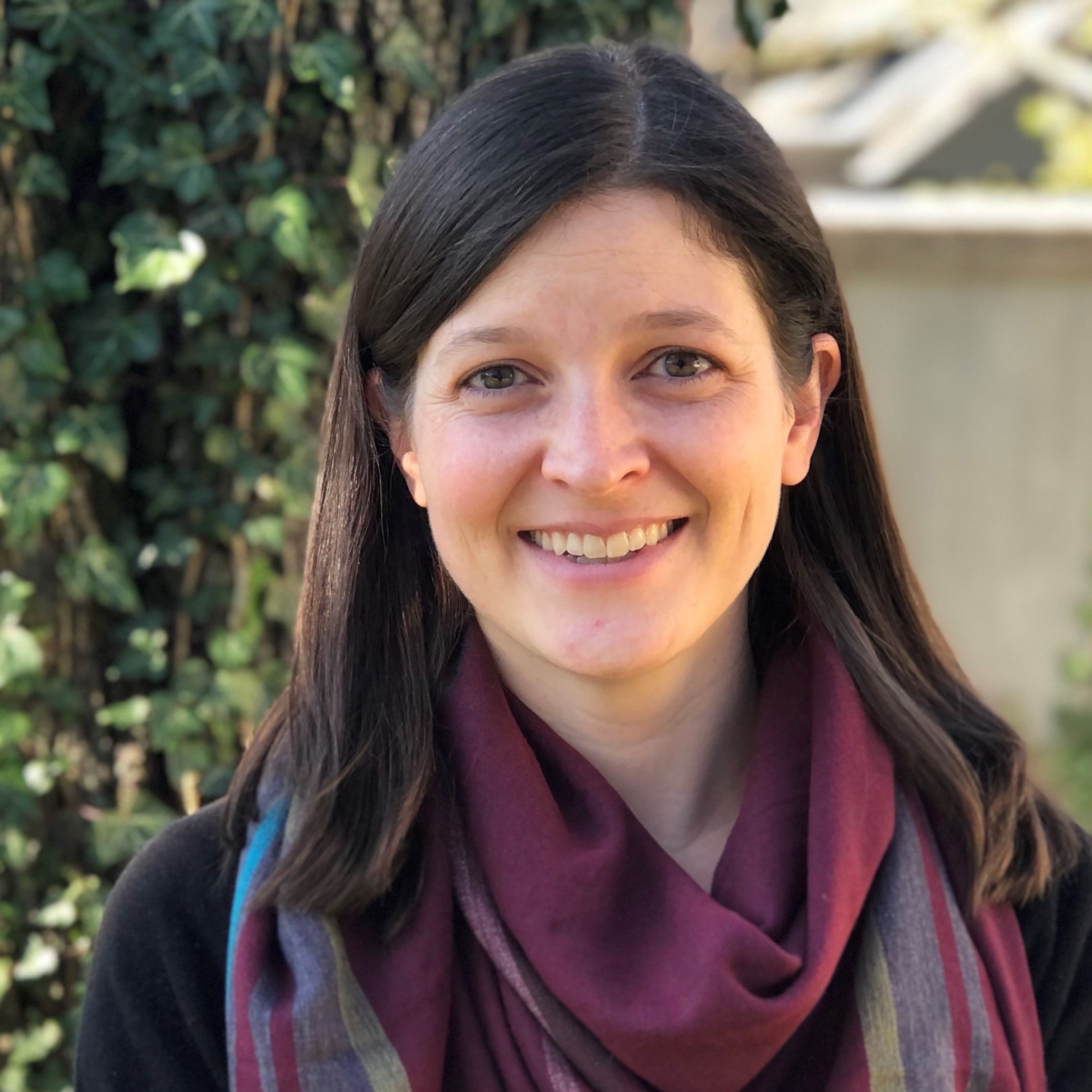
Melissa Jacquart
Project: Bringing Philosophy to Science Fairs: A New Approach to Public Engagement with Science
“This project aims to develop a philosophy-forward approach to STEM education by partnering with the University of Cincinnati Center for Public Engagement with Science (PEWS) and the Greater Cincinnati STEM Collaborative (GCSC) to develop a new, reproducible outreach model in which 7th-8th grade students meet weekly after school to develop science fair projects through a philosophy lens. These produced science fair projects will focus on how values, trust, identities, and worldviews of scientists relate to science and scientific methods. In addition to developing this reproducible outreach program (including lesson plans) and academic publications, this award will also support a national virtual workshop for those interested in adopting this program in their local community.”
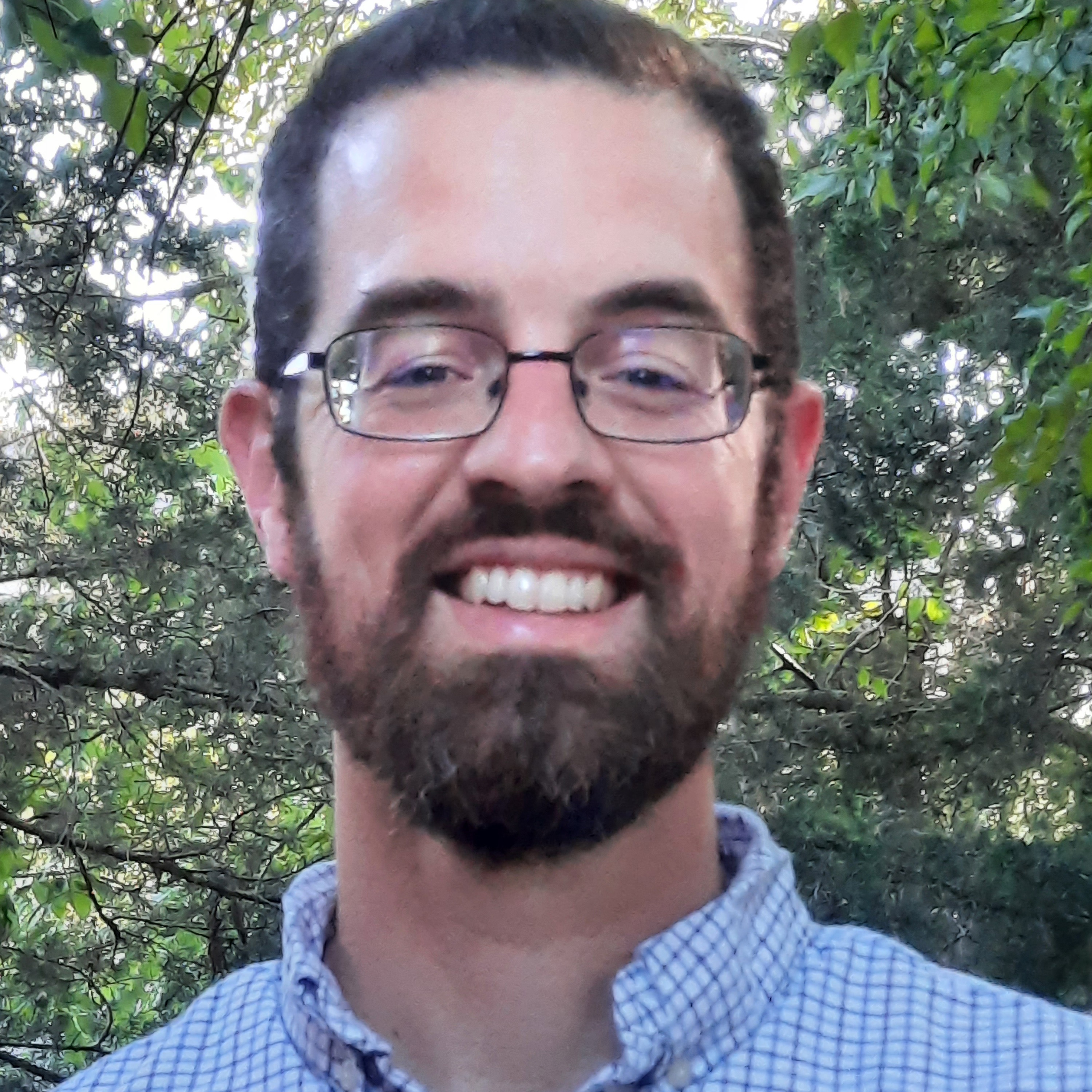
Alexander Thurston
Project: Islamic Law and Politics in Northwest Africa and Beyond: A History of the Maliki School
“My project explores the history and contemporary political relevance of the Maliki school, one of four major legal schools within Sunni Islam. As a URC Faculty Scholar, I will conduct field research in the Maliki heartland of North Africa, interviewing Islamic scholars and observing the living transmission of legal thought and practice. I will also set up a website offering multi-faceted resources on the school’s development and present-day significance. The ultimate goal of the project is to write a book aimed at a non-specialist audience interested in Islamic law and its relationship with state and society.”
Behavioral & Social Sciences
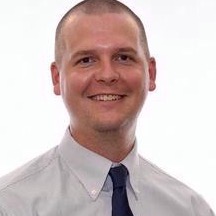
Matt Huml
Project: The Effect of Toxic Hot Spots on Industry-Wide Employee Trends
“This project is going to examine the effect of toxic work environment, specifically toxic hot spots within an organization, on employees, the organization, and across the industry. This study could help establish the existence of toxic hotspots and extend research on work toxicity from employee traits to group dynamics. It also could provide guidance for managers and organizations on how to nurture their work culture to avoid work toxicity and retain employees in the long-term.”
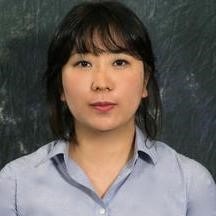
Youn Seon Lim
Project: Cognitively Diagnostic Assessments for Local Item Dependence
“An individual’s social success heavily depends on evaluation and assessment. This effort to make assessment outcomes more accurate by controlling the advantages or disadvantages caused by an individual’s experience and background will minimize discrimination in this society.”
Life Sciences
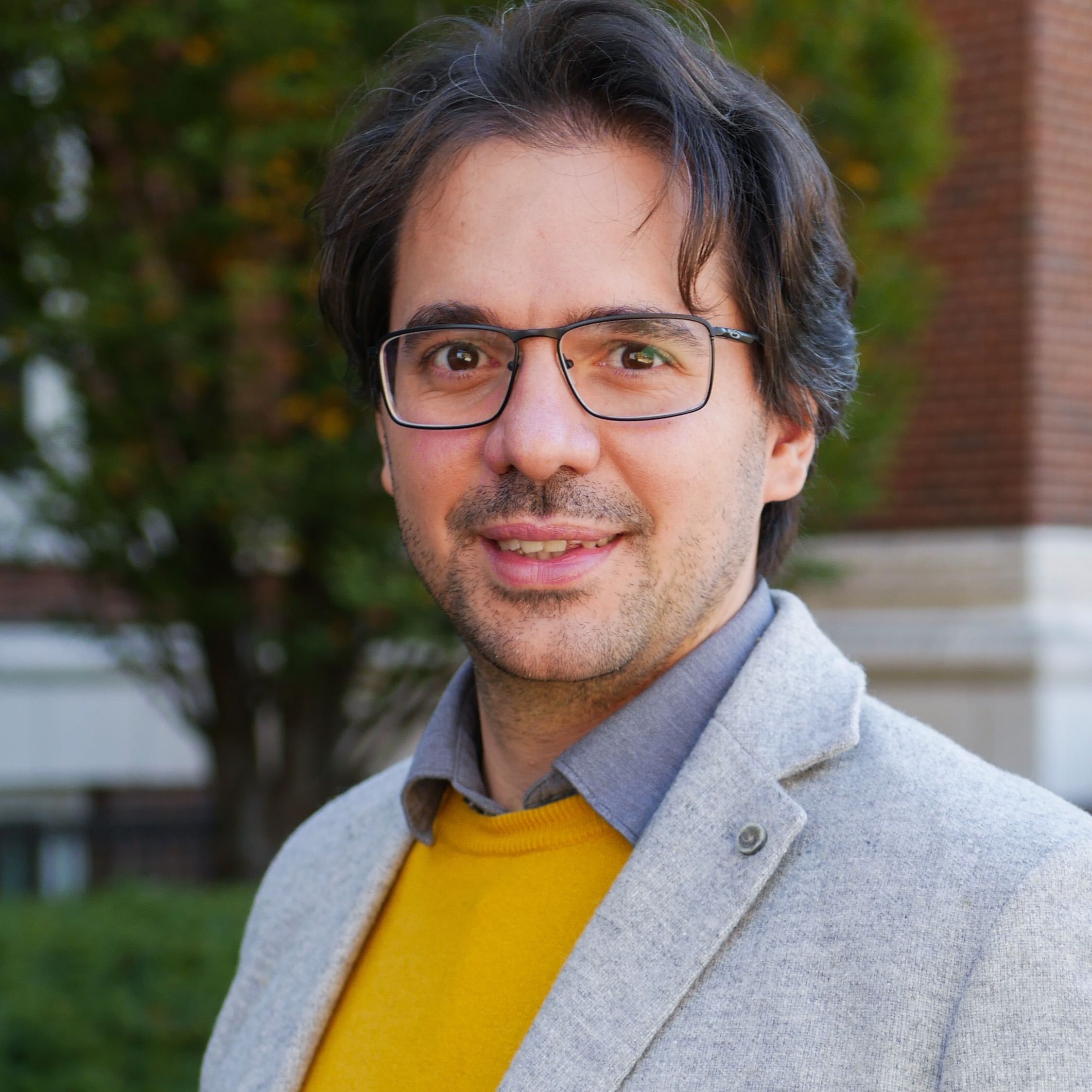
Riccardo Barrile
Project: A Sensor-Powered Blood-Vessel on-Chip for Deciphering of COVID-19-Vaccine Induced Thrombosis and De-risking Future Antibody Therapies
“Vaccinations are among the most important public health tools for reducing the spread and harm caused by dangerous diseases around the world, which still account for around 40% of all recorded deaths globally. This award will be used to support our efforts in establishing of a human-relevant model specifically designed for predicting drug-induced blood-toxicity with the long-term goal of derisking future vaccine development and counteract the dangerous widespread of vaccine hesitancy.”
.jpeg?sfvrsn=4206e943_1)
Joshua Miller
Project: When giants grow-up: Changes in dietary ecology and mobility of sauropod dinosaurs during their growth and maturity
“Sauropod dinosaurs hatched from eggs no larger than soccer balls and could grow to be over 100 feet long, but the ecological and biological transitions necessary to accomplish this transformation is shrouded in mystery. Using a unique collection of teeth from Rapetosaurus krausei (Sauropoda; Late Cretaceous, Madagascar) ranging from recently hatched to fully adult individuals, I will use tooth shape, tooth wear patterns, and geochemistry to establish the most comprehensive test for how diet and individual mobility changed with sauropod growth and development.
Physical Sciences & Engineering
.jpeg?sfvrsn=22c6b96c_1)
Greg Harris
Project: Unlocking the Roles of the ECM in Schwann Cell Plasticit
“This project seeks to investigate the roles and interplay between the extracellular matrix and Schwann cells in the peripheral nervous system (PNS). Neuropathies, traumatic nerve injury, and diseases such as PNS cancers are driven by the interplay between the extracellular matrix and the PNS specific Schwann cells, however very little is known about the underlying mechanisms driving these interactions. This work will bring much needed insight and an increase in our fundamental knowledge of the PNS and has the potential to deliver much needed therapies and solutions for nerve injuries, neuropathies, and beyond.”
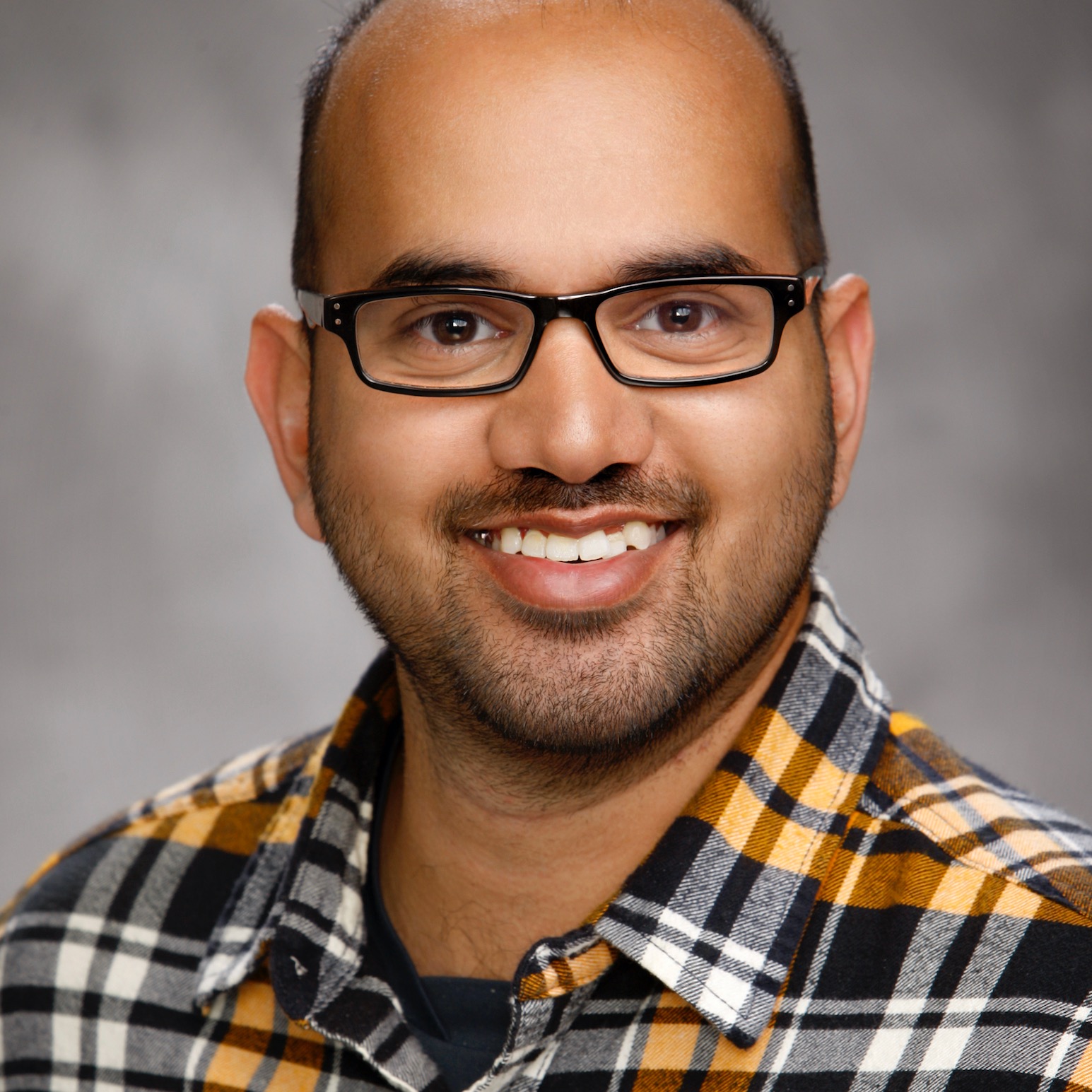
Aashish Priye
Project: Developing portable and inexpensive molecular diagnostic platform for rapid testing
“This work will employ a unique combination of experimental and computational techniques that will provide a framework to integrate sample preparation, nucleic acid amplification and molecular detection into one portable and inexpensive platform. Primary tasks include engineering a non-contact heating based rapid thermal-cycler, a paper-based sample preparation module and a smartphone-based fluorescence detector. The proposed system has the potential to deliver a molecular diagnostics instrumentation that can integrate sample preparation, nucleic acid amplification and detection into one unified platform while simultaneously decreasing the device complexity and cost, enabling their widespread use during pandemics.”
Graduate student stipends
College of Allied Health Sciences
Hatice Cetinkaya, Rehabilitation, Exercise and Nutrition Sciences
Brittany Fletcher, Communication Sciences and Disorders
College of Arts & Sciences
Nabiha Chaudhary, Psychology
Megan Corcoran, Geology
Catherine Crigger, English
Madison Gaetano, Geology
Sandra Glazer, Psychology
Sarah Haak, English and Comparative Literature
Patrick Mwanjawala, Women’s Gender and Sexuality Studies
Walter Orozco, Philosophy
Jamie Patronick, Psychology
Valeria Andrade Pinto, Psychology
Zachary Polonsky, Physics
David Schwartz, English
Anthony Jerome Stone Jr., Sociology
(Jenny) Yi-Ting Sung, Biological Sciences
Marie Rose Tshite Botshila, Women’s Gender and Sexuality Studies
College of Engineering & Applied Science
Zhengyuan Li, Chemical and Environmental Engineering
Joseph Plummer, Biomedical Engineering
Zhe Zhang, Chemical Biochemical and Environmental Engineering
College of Medicine
Aaditya Adlakha, Developmental Biology
Kateryna Matiash, Internal Medicine
Immaculeta Osuji, Pharmacology and System Physiology
Nicole Pek, Molecular and Developmental Biology
College-Conservatory of Music
Andrew John Van Dyke, Composition, Musicology and Theory